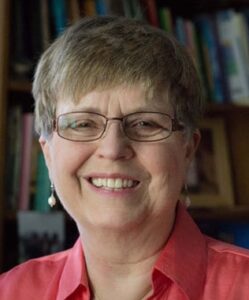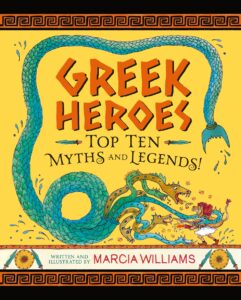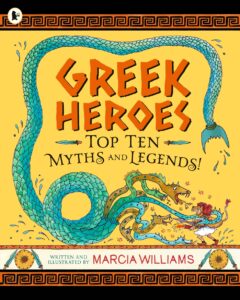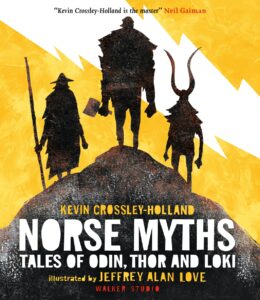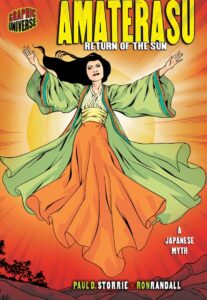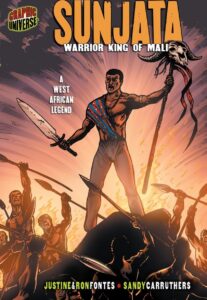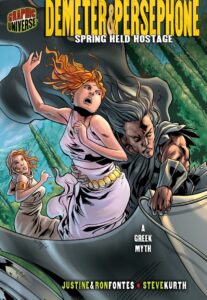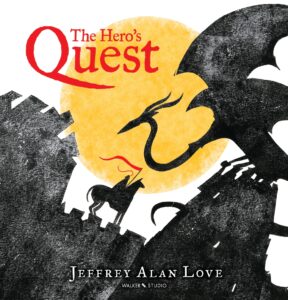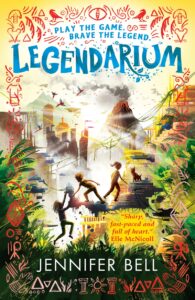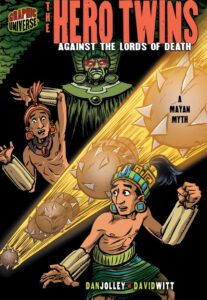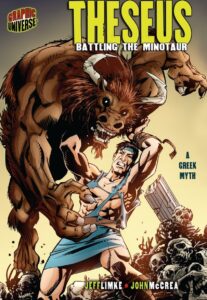We, the Curious Ones
Age 6+
Picture Books
Shimmering poetry and stunning cut-paper art portray epic concepts—the evolving biography of the universe and the symbiotic relationship between science and story.
Since the beginning, humans have created stories about the universe. From early mythology to modern-day science is a long journey, yet 95 percent of the world “out there” remains a mystery. What will we believe tomorrow? Marion Dane Bauer’s glowing poetry combines with Hari & Deepti’s intricate cut-paper illustrations, dazzling with light and shadow, to celebrate an active, vital, changing, and growing universe. They also show how we humans—the curious ones, the storytellers—are active, vital, changing, and growing, too. In a comprehensive afterword, the author tracks formative contributions to the study of the universe by Western and non-Western civilizations over the centuries.
Resources
Creators
Marion Dane Bauer is an award-winning author of more than one hundred books for young people, including the Newbery Honor Book On My Honor and The Stuff of Stars, illustrated by Ekua Holmes. A former faculty member of the Vermont College of Fine Arts MFA program in Writing for Children and Young Adults, she now writes full time. Marion Dane Bauer lives in Saint Paul, Minnesota.
Hari & Deepti are a husband-and-wife artist duo based in Mumbai. Their work has been shown in galleries throughout the world. “Paper is brutal in its simplicity as a medium,” they note. “It demands the attention of the artist, while it provides the softness they need to mold it into something beautiful. . . . It reflects light and creates depth and illusions in a way that takes the artist through a journey with limitless possibilities.” We, the Curious Ones is their first book with Candlewick Press.
Reviews
With beautiful words and art, We, the Curious Ones pulls us into the endless loop of studying the worlds around us, telling stories about what we’ve seen, and asking the provocative questions that lead to further studies and further stories. It is a book to savor with your young ones, helping them appreciate that we scientists, whether paid or not, thrive on the curiosity that drives our understanding of the universe and our place in it.
Lawrence Rudnick, professor emeritus, University of Minnesota School of Physics and Astronomy

